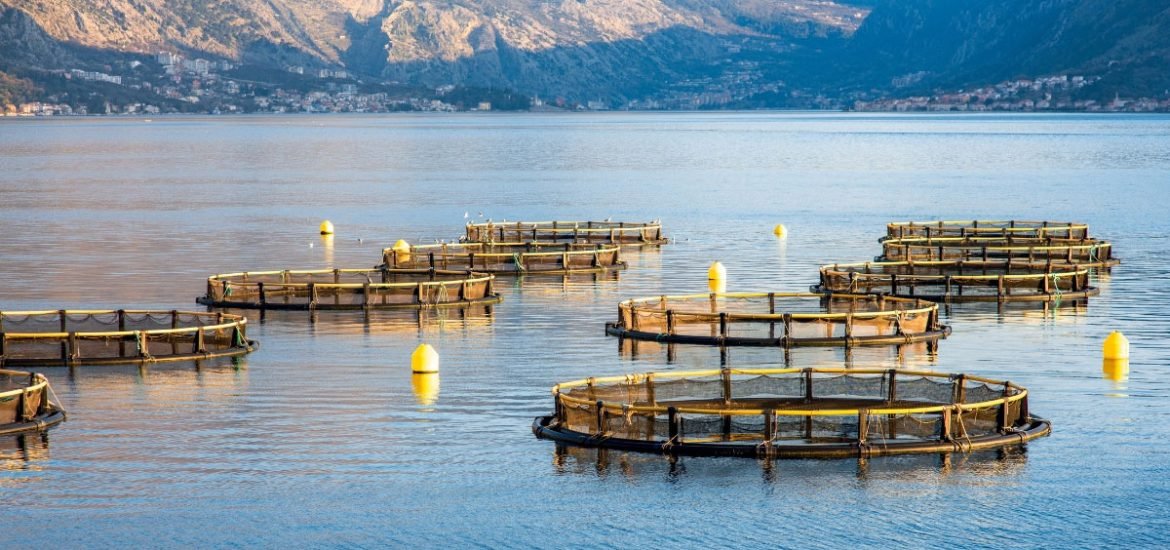
A study published on 10 September in Nature Ecology & Evolution has brought to light the current threat aquaculture farmers are facing owing to climate change and highlights the need for proactive measures to protect global food security. The study represents the first comprehensive analysis of how climate change could affect production in the aquaculture industry.
Aquaculture, also known as aqua-farming involves the farming of fish and seafood for human consumption and its contribution to global seafood production now surpasses that of wild-caught fisheries, according to the latest State of World Fisheries and Aquaculture report by the United Nations’ Food and Agriculture Organization (FAO). The sector is important not only to achieve food security but may be a crucial component in sustainable food production.
However, as the report suggests, over time aquaculture production will decline due to the rising water temperatures and other shifts in the ocean ecosystem as a result of climate change. The authors suggest the biggest impact will most likely be felt in countries like China, Indonesia, and Bangladesh, which currently account for around 90 per cent of total global aquaculture production.
Using thermal tolerance and growth data on 180 cultured finfish and bivalve species and accounting for multiple drivers of species growth, including shifts in temperature, chlorophyll, and ocean acidification, the authors modelled and mapped the influence of warming ocean conditions on potential marine aquaculture production over the next century across the globe. Gains and losses varied across different regions, however, the higher probability overall is of a global decline. The study predicts that without preventative measures, the decline in finfish could be as high as 30 per cent in some important regions by the middle of the century. They also point to the potential risk of completely losing water environments suitable for bivalves.
In addition to the negative impact associated with the global availability of farmed seafood, these changes could also affect certain populations that depend on aquaculture both as a source of sustenance and as a livelihood. Therefore, the report is not only about the impact on food sustainability but also about who loses out as a consequence of changing the climate, particularly in the aquaculture-dependent regions of the Indo-Pacific. On the other hand, some countries may fare better under climate change, for example, sub-polar waters close to Norway may become more favourable for fish farming as waters become warmer.
The study “addresses a missing component in food security research and sustainable development planning,” and according to the authors, “understanding the scale and magnitude of future increases and reductions in aquaculture potential is critical for designing effective and efficient use and protection of the oceans, and ultimately for feeding the planet sustainably.”
(1) Froehlich, H.E., Gentry, R.R., and Halpern, B.S. Global change in marine aquaculture production potential under climate change. Nature Ecology & Evolution (2018); DOI: 10.1038/s41559-018-0669-1